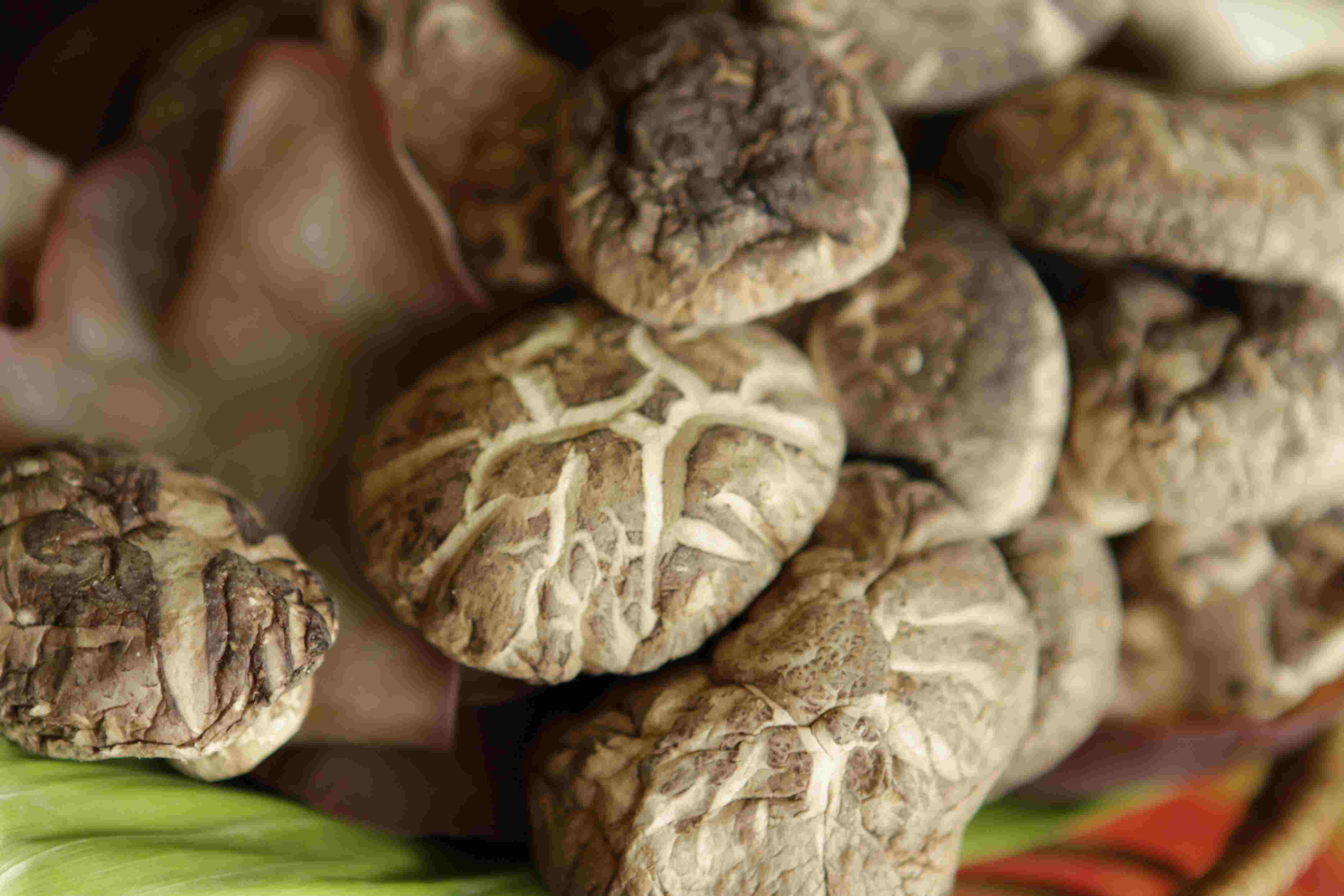
A mushroom is the fleshy, spore-bearing fruiting body of a fungus, typically produced above ground on soil or on its food source. The standard for the name "mushroom" is the cultivated white-button mushroom, Agaricus bisporus, hence the word mushroom is most often applied to those fungi (Basidiomycota, Agaricomycetes) that have a stem (stipe), a cap (pileus), and gills (lamellae, sing. lamella) on the underside of the cap, just as do store-bought white mushrooms. There is no specific history of the use of mushrooms.
Mushrooms are a type of fungi that can be found all around the world. They are considered a superfood due to their numerous health benefits and are often included in various dishes due to their unique flavor and texture. In this article, we will discuss the various types of mushrooms, their nutritional value, their medicinal properties, and their culinary applications.
There are over 10,000 species of mushrooms, each with its unique characteristics and properties. Some of the most popular types of mushrooms include:
1. Button mushrooms: These are the most common type of mushrooms, and they come in various sizes and colors. They are versatile and can be used in a wide range of dishes. They have a mild flavor and a firm texture.
2. Shiitake mushrooms: These mushrooms are native to China and Japan and are used in many Asian dishes. They have a rich, meaty flavor and a chewy texture.
3. Portobello mushrooms: These large, meaty mushrooms are often used as a vegetarian substitute for burgers. They have a rich, earthy flavor and a meaty texture.
4. Enoki mushrooms: These are slim, white mushrooms that grow in clusters and are often used in soups and stews. They have a delicate, mild flavor and a crunchy texture.
5. Oyster mushrooms: These mushrooms have a delicate, mild flavor and are often used in stir-fries and soups. They have a soft, velvety texture.
Mushrooms are low in calories and fat and are packed with essential vitamins and minerals. They are a good source of fiber, which helps to maintain a healthy digestive system. Mushrooms are also a good source of antioxidants, which help to protect the body from free radicals. Some of the key nutrients found in mushrooms include:
1. Vitamin D: Mushrooms are one of the few food sources of vitamin D, which is essential for healthy bones, teeth, and muscles.
2. B vitamins: Mushrooms are rich in B vitamins, including thiamine, riboflavin, niacin, and folate. These vitamins are essential for maintaining healthy blood cells, nerves, and energy levels.
3. Potassium: Mushrooms are a good source of potassium, which helps to maintain a healthy blood pressure and a healthy heart.
4. Selenium: Mushrooms are one of the richest sources of selenium, a mineral that helps to protect the body from oxidative stress and supports a healthy immune system.
Mushrooms have been used for medicinal purposes for thousands of years. Many species of mushrooms contain compounds that have potent medicinal properties. Some of the key medicinal properties of mushrooms include:
1. Immune-boosting: Many species of mushrooms, including shiitake and reishi mushrooms, contain compounds that can stimulate the immune system and help to fight off infections.
2. Anti-inflammatory: Mushrooms contain compounds that can help to reduce inflammation in the body, which is linked to many chronic diseases, including arthritis, heart disease, and cancer.
3. Anti-cancer: Some species of mushrooms, including shiitake and maitake mushrooms, contain compounds that can help to inhibit the growth of cancer cells.
4. Anti-bacterial: Some species of mushrooms, including shiitake and oyster mushrooms, contain compounds that can help to fight off harmful bacteria.
Mushrooms are a versatile ingredient that can be used in a wide range of dishes. They can be used as a meat substitute in vegetarian and vegan dishes or added to soups, stews, and sauces to add flavor and texture. Some popular culinary applications of mushrooms include:
1. Risotto: Mushrooms are often used in risotto to add flavor and texture. They can be sautéed with onions and garlic before being added to the rice.
2. Stuffed mushrooms: Portobello mushrooms can be stuffed with cheese, vegetables, or ground meat to create a delicious appetizer or main dish.
3. Stir-fry: Mushrooms are a popular ingredient in stir-fries due to their texture and flavor. They can be added to a variety of vegetables and protein sources to create a nutritious and flavorful meal.
4. Soup: Mushrooms are often used in soups due to their ability to add flavor and texture. They can be added to a variety of broths, such as chicken or vegetable, to create a delicious and nutritious soup.
Mushrooms are a nutrient-dense superfood that offer a range of health benefits, including boosting the immune system, reducing inflammation, and protecting against cancer. They are a versatile ingredient that can be used in a wide range of dishes, from soups and stews to risottos and stir-fries. With their unique flavor and texture, mushrooms are a delicious and nutritious addition to any diet.